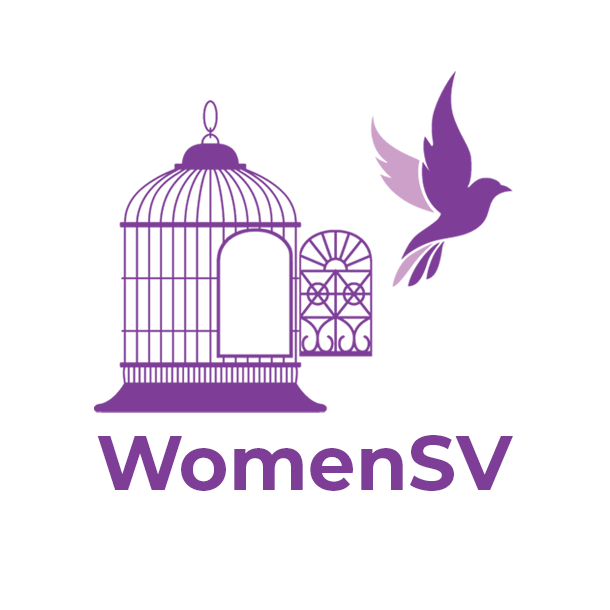Counseling Support Information
Choosing a Therapist
Click to view our free informational guide: Finding the Right Therapist
Look for a therapist who has extensive experience dealing with:
• all forms of domestic violence, particularly emotional and financial abuse • the legal system
• the litigious nature of affluent, abusive partners
• child custody evaluation
• Narcissistic/borderline/sociopathic/ ”Jekyll and Hyde” personality (if applicable)
One form of abuse that can be particularly difficult to deal with is “parent abuse”—where a child begins to imitate the negative behaviors modeled by his/her abusive parent.
Parenting coaches can help you develop tools and strategies to deal with these negative behaviors (disrespect, verbal abuse, manipulation, etc.).
Counseling should be undertaken separately--you and your child together or separately but not including your partner. Beware of well-meaning friends, as well as religious and health care providers, who recommend marriage counseling or family therapy which includes your abusive partner.
Studies show that this type of therapy is counter-productive and can do more harm than good, as the abuser may attempt to manipulate the therapist’s perception of the situation and present himself as the victim. He may also decide to punish you afterwards for “revealing family secrets” or daring to criticize him.
The following caveat assumes that, like most mothers, you are placing the short- term and long-term health and welfare of your children ahead of your own:
Mandated Reporters and CPS
Be aware that counselors are mandated reporters. If you decide to disclose abuse, they will be obligated to file a report with Child Protective Services. You may want to have a very frank discussion with your therapist about the risks and benefits of triggering the intervention of CPS. You may want to consider developing a solid relationship with your counselor first in which you have established your good character and concern for the best interests of your children.
You may then want to discuss events from a theoretical point of view: for example, “If this were to happen, would you have to call CPS?” You may be accused of “failure to protect”--in which case CPS may remove the children from the home for some period of time.
In other cases, if you disclose abuse, CPS may investigate and find “it does not rise to the level” which justifies their intervention. But it may still spark retaliation in your abusive partner.
Sometimes CPS can be the start of healing and recovery in your family, particularly if you are assigned a social worker who is very familiar with the dynamics of domestic violence.
If CPS does get involved, be as cooperative as you can. Remember their primary concern, like yours, is the welfare of your child.
